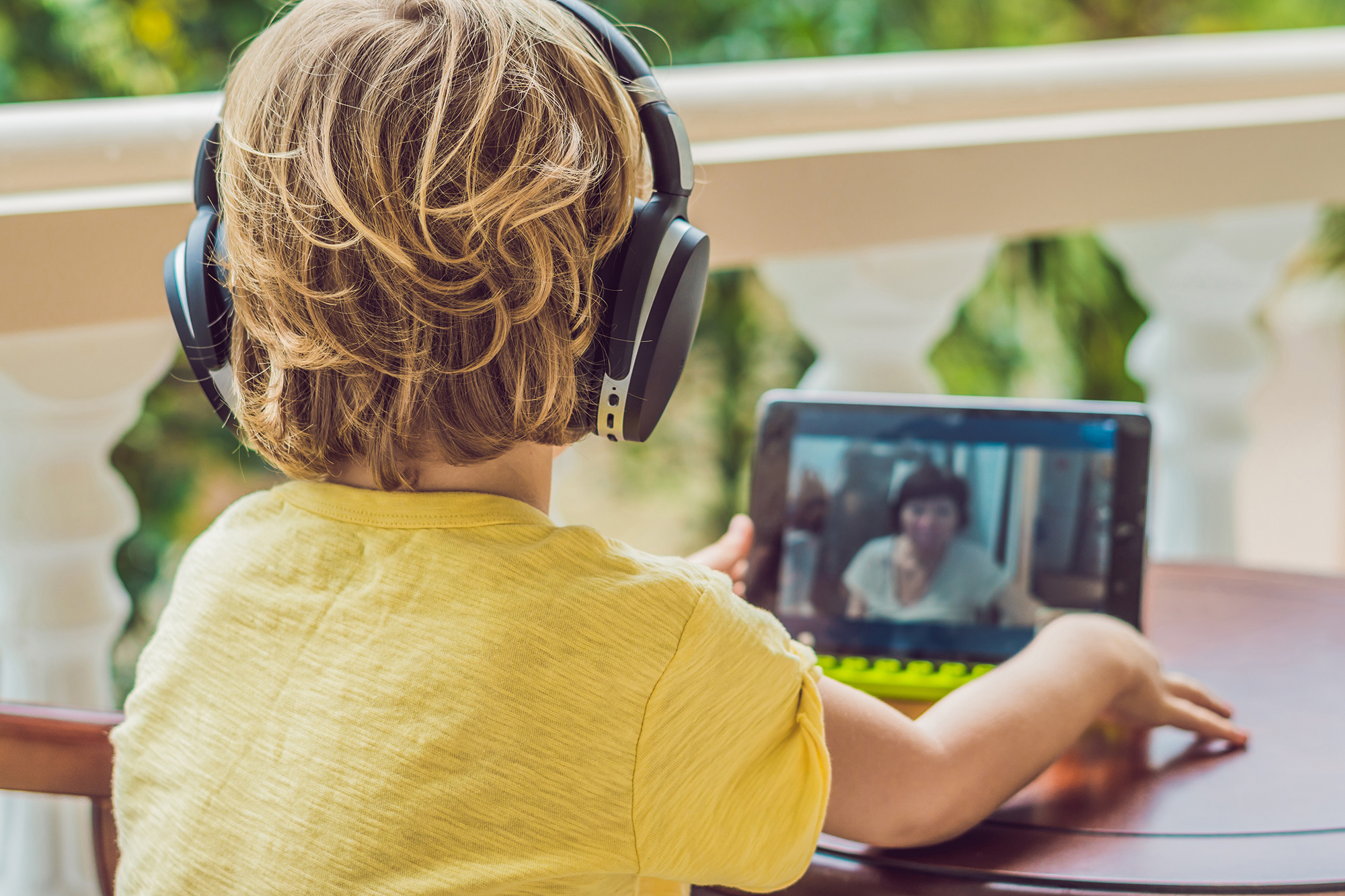Online therapy is on the rise nowadays, when it comes to popularity and user base. Just recently, Michael Phelps, an Olympic athlete competing in swimming has advertised Talkspace, a smartphone application that provides therapy within the app itself. This is a form of online therapy, a therapy session that can be done virtually, whether via text message, chat applications, phone calls, or video conferences.
You can find a variety of other applications and websites that provides online therapy. They can be costly, with some charging weekly via subscription. Some are charging for every session. Video calls can be quite limited and have to be scheduled. Online therapy done via email or text messages are often not limited in terms of time and schedule.
With that said, there are still people who are doubting the effectiveness of online therapy compared to regular, tried and tested therapy sessions. In this page, we will this discuss the effectiveness of online therapy. Without further ado, let’s start:

Is online therapy effective?
The most significant issues regarding therapy conducted online is that counselors do not have a way to monitor the affected individual. This is very crucial in forming an assessment, and without proper assessment, the resulting diagnosis can be skewed. A therapist can gain important insights and information by observing the body language, voice tone, and overall behavior of the individual. This is impossible with chat based therapy, and quite limited with phone call therapies since the therapist can only hear the voice of their patient, and nothing more. The only way to mimic all of these facets is with video call therapies, which can be expensive, and admittedly, actual face to face meetings trumps video call therapist.
Additionally, one main aspect of a successful therapy requires a good relationship among the individual and their therapist. A level of trust must exist, especially to the therapist. If a patient doesn’t trust their therapist, it will hardly work. Online therapy can be impersonal, which prevents the build up of a good relationship. In an anonymous session, this factor is practically non existent.
With that said, various studies and research has been done on the effectiveness of online therapies and so far, the results are good. A study conducted back in 2014 in the Journal of Affective Disorders has discovered that online therapies are similar in effectiveness to actual therapies when it comes to treating depression. Meanwhile, a research posted in the Journal of Psychological Disorders discovered that online therapies are an acceptable alternative to face to face therapies, with comparable effectivity. The study has looked into the effectiveness of online therapies when it comes to treating anxiety, panic disorders, stress, depression, and other similar mental issues.

Conclusion
Online therapies can be as effective as face to face therapies, provided that you choose a video call based therapy. If you cannot afford it, at least try for the phone call based therapies, since they are better than text based therapies.